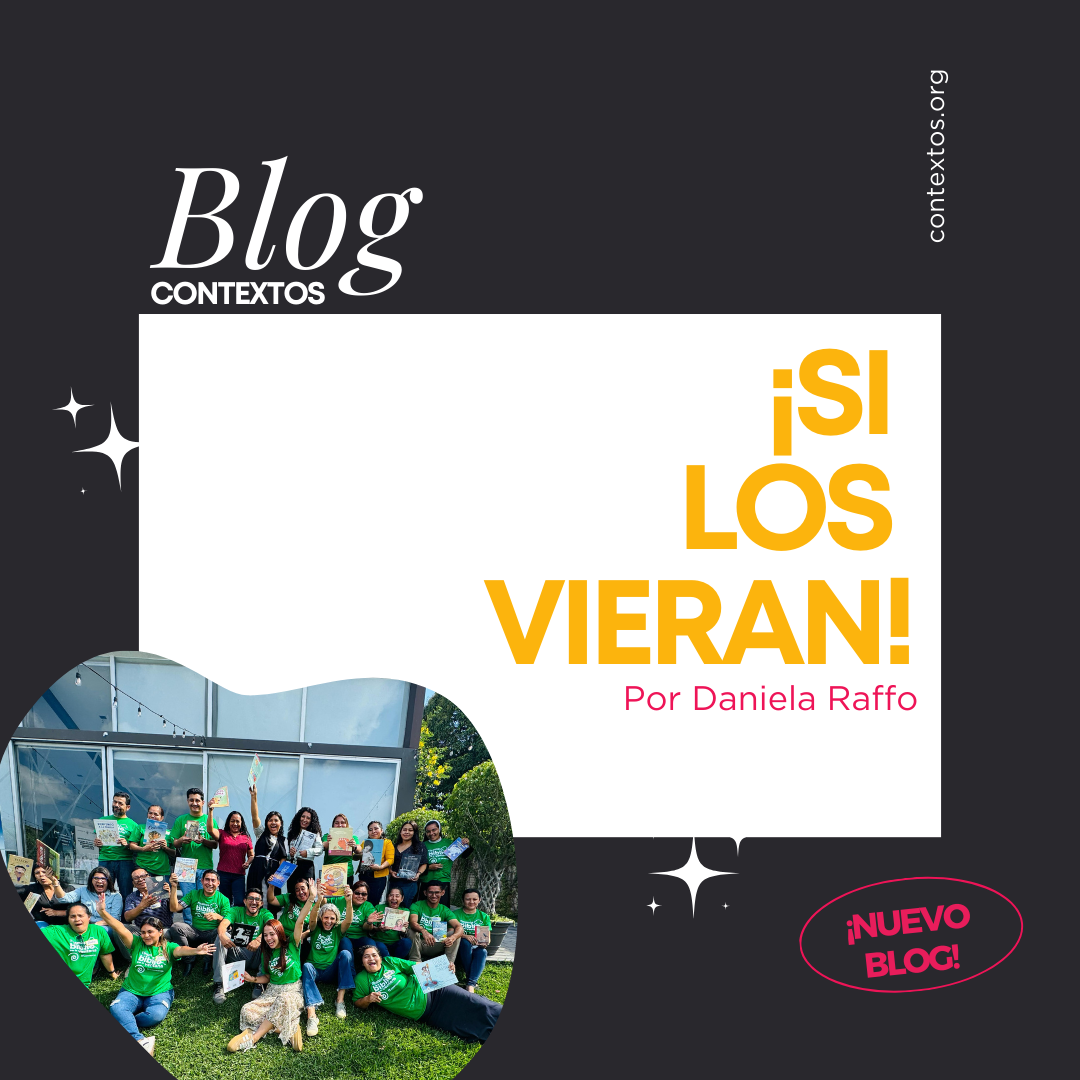April 9, 2015 by ConTextos
HEADING TO NEW YORK
I’m packing to head to NYC to attend, amongst a smattering of meetings, the seminar: «Gang Warfare in Central America» with Carlos Dada at the Cullman Center Institute for Teachers at The New York Public Library. The seminar will explore the connections and events that have made El Salvador one of the most violent countries in the world, particularly the creation, explosion and proliferation of gangs.
Last night, I reviewed the assigned readings for the event. There was no new information, in fact, I’d already read the assigned articles when they first came out, and had even seen one of the documentaries. But no matter how many times I review the numbers and see the faces behind this tragedy and trauma, I’m moved.
In particular the video 18th Street Gang Story has me shaken. The documentary focuses on teenage gang leaders as they mourn and kill, mourn and kill.
And then, in brief moments, they wish for something different. To be connected with a mother who lives in the USA. To grow up to be a father and husband.
And sadly, to die.
I watched the documentary before sleeping last night in my Chicago apartment. (Just one 9-minute clip, I told myself. 90-minutes later, of course, I was still watching.) At the same time, it was Chicago’s first real springtime thunder storm, with the kind of cracking thunder that makes car alarms sound. Rain and hail shaking the window pains.
It’s the kind of rain that reminds me of the launch of rainy season in El Salvador. When monsoons bring mudslides turns the sky black at midday.
Spring sets in in Chicago, rainy season in El Salvador. On the West side of Western Street, just 2 blocks from my home, Humboldt Park suffers some of Chicago’s worst gang violence. On my computer, images of Mejicanos, just a few miles from my San Salvador apartment, where gangs extort and menace their community and in turn, an entire country. An entire region.
So this morning, I wake up a bit shaken. The documentary—which I hope you’ll watch—shows confused kids. Broken kids. Lost kids. Sad kids. Lonely kids. Violent kids. Traumatized kids. Abandoned kids. Kids playing with guns and drugs tattoos. The film is terrifying not because of the violence so easily embraced by these kids, but because of how obviously broken a society is where kids find family and acceptance through M16s and vigilante justice. Where the leader is a glazy-eyed, gap-toothed 16-year-old who looks forward to growing up to being a daddy.
Of course, I can’t help but think of the gang-members we’ve worked with. I found myself watching the documentary looking for one of their faces… I found myself imagining how the characters in the film would respond to ConTextos… what would they share in their memoirs?
I don’t know what I’ll get out of this seminar. I worry that it’s simply a morbid fascination with something so bizarre. Or worse?—a tactic simply to improve my savvy to raise funds and position ConTextos.
Is it more humane to stare? To saturate myself with as much knowledge as possible to act accordingly? To continue to frame ConTextos around this bizarre cultural phenomena, to position ourselves as a part of the solution?
Or should I turn away? Refuse to see such graphic, depressing images.
Or should I run away? Come back to the country I know, where I was born. Where, even though rampant gangs dominate just a few blocks away, there seems so much more order. And definitely rule of law.
It feels like spying. A voyeur onto something terrible—something that a Nice Jewish Girl from Chicago shouldn’t see in her lifetime. And yet, it’s part of my life. But by choice. Should I walk away?
Mostly, though, I’m excited to see who else attends the seminar. What NY and US teachers want to know more about Salvadoran gangs? And why? Will I share my own experiences? How will they respond?
I know the seminar will not present solutions. The solutions are too complicated and vast. “This will never end,” repeat the individuals in the documentary. Over and over they repeat their firm dedication to gang wars that do nothing but perpetuate violence, and create a sense of belonging for thousands of youth that have been abandoned—by family, by systems, by society.
But I can’t shake a simple irony—the site of the seminar is a Library. Having been in the prisons, in the communities where the Salvadoran gangs roam free, I’m seeking more knowledge heading to a Library in the USA. I have the urge for a shameless plug for ConTextos—that writing and reading and public space to build and share knowledge won’t fix this massive problem, but it’s definitely a piece of a more complicated solution.
But mostly, it seems a morning to just let it all settle in: How connected the world is.
Debra Gittler
Founder and Executive Director
Recent Posts

¡Si los vieran!
Por Daniela Raffo ¡Si los vieran! Bailando, sentados en el piso, poniéndose de acuerdo en qué libros usar o qué actividad hacer. ¡Si las vieran!…

¿Me puede contar una historia?
“Había una niña que empezó, acá, en la escuela desde parvularia. Ella se llevaba libros a su casa y en una libreta dibujaba la mejor escena…

Los libros que viajan con Luz
Por Laura Flores Es de mañana, un día cualquiera en Jocoaitique, departamento de Morazán. Luz mira cómo una señora mayor llegar a la biblioteca, toma…


